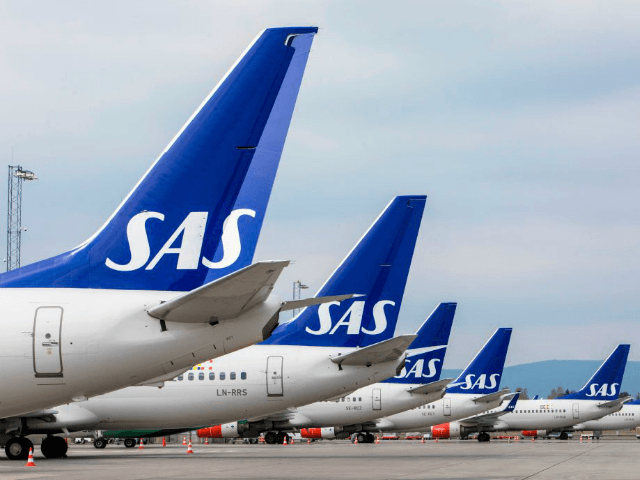He is not Santa Claus, but Ty Warner is trying to save Christmas from the supply chain crisis by flying across the globe to make sure his Beanie Babies will be under the tree on December 25.
The Beanie Babies did not get good seats on the flights, which cost $1.5 million a trip, but they did get a free trip to the United States from China to Illinois, where Warner’s company is based.
It took more than 150 flights from airports in Shenzhen, Guangzhou, Shanghai, and Hong Kong since October, to import the Beanie Babies on a more than 6,000 mile round trip from China to O’Hare International Airport.
“The widely-reported problems with global supply chains have cast a pall over the coming Christmas,” Warner said in a press release. “There’s too much doom-and-gloom out there.
“I’m here to tell our customers that, despite what they might have read or heard, Christmas is not canceled,” Warner said.
And despite the fact that Warner is helping workers in Communist China by manufacturing his products there and not employing Americans, his problem-solving strategy has not been picked up by the U.S. federal government or the President Joe Biden administration, which has not yet solved the supply chain crisis or rescued Americans still stranded behind enemy lines in Afghanistan.
“We have brought in millions of Beanie Babies over the course of the last month and a half,” Tania Lundeen, vice president of global sales for Ty Inc., said. “This is really improving the time of getting the product to our retailer shelves.”
The Chicago Tribune picked up the story and noted Warner isn’t the only one in the private sector who is working to solve supply chain issues:
Ty isn’t the only company putting key holiday merchandise on planes to avoid shipping logjams ahead of the holidays. Global demand for air cargo was up 9 percent in September compared with the same month in 2019, the International Air Transport Association said in a news release earlier this month.
Hasbro, Nike, Levi Strauss & Co., Lululemon, Ralph Lauren, Under Armour, Adidas, Deckers Outdoor Corp. — owner of UGG and Hoka shoe and apparel brands — are all using pricier airfreight to get around congested ports or make up for production delays, at least when it comes to key products, according to recent earnings calls and investor conferences.
Under Armour has used a lot of airfreight this year, “which we’re not excited about, but it’s a necessary thing with the challenges that we’re all faced with,” Chief Financial Officer David Bergman said during an earnings call earlier this month.
Flying products is more expensive than shipping them, but supply chain bottlenecks are driving costs up and closing the gap, according to the International Air Transport Association. Before the coronavirus pandemic, moving cargo by air cost more than 12 times as much as transporting by sea, but as of September, it was only three times more expensive, according to the trade association.
“Introduced in 1993, Beanie Babies quickly became a collectible fad, with annual sales topping a reported $1.4 billion by 1998 and rare versions of the plush toys fetching thousands of dollars on the secondary market,” the Tribune reported.
Follow Penny Starr on Twitter

COMMENTS
Please let us know if you're having issues with commenting.